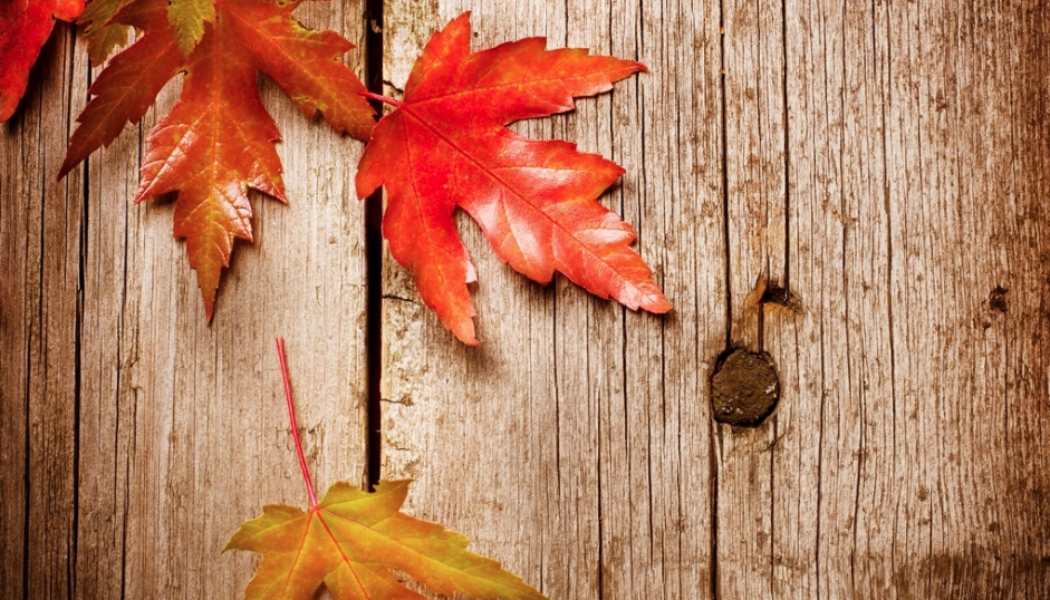Seasons
Ayurveda Guide For Spring Season [Vasanta]
Ayurveda Guide For Spring Season Spring is a time of new beginnings. This is a time when nature comes to life. This is a time when it begins to warm from the freezing cold of the previous winter. Ayurveda explains that “accumulated kapha” from late winter which solidified due to extreme cold now begins to liquefy by the warmth of spring which, consequently decreases Agni — which then, may cause various digestive conditions along with other numerous health conditions. This can be likened to the snow which develops upon mountain tops. As the snow melts, this floods the valley below. Similarly, kapha which developed and solidified due to the extreme cold of winter now begins to melt and begins to flood various regions of the body. This tends to impair digestion and manife...
Ayurveda Guide For Late Winter Season
Ayurveda Guide For Late Winter Season Ayurveda explains that whatever there is within the environment is also there within the human body and that such changes within the environment have an influence upon the body. During this time of year, the qualities of nature become excessively cold & excessively dry and therefore influence the body as such. Essentially, keep doing what you’re doing BUT more so … Meaning, it’s advised to continue the same regimen of early winter during late winter. For example, having meat soup prepared from well-nourished animals with the addition of fat; such as ghee. Having alcoholic drinks made from jaggery and consuming other food made of wheat, black gram, sugarcane and milk products are ideal during winter season. It’s also...
Ayurveda Guidelines for Early Winter Season
Early Winter Season Hemanta [early winter] is a pleasant transition from the excess dryness of autumn. Hemanta provides unctuous & cold qualities into the atmosphere. “Whatever there is in the environment is also there in the human body” The Sanskrit word “Rtu” means the seasonal movement of time, while “Charyā” means routine or lifestyle. Therefore, ‘Rtucharyā’ means a seasonal routine or seasonal lifestyle. – Dr. Vasant Lad During this time of the year [i.e.Visarga Kāla] it’s hydrating as the power of the Sun becomes less … and the gentle qualities of the moon become more predominant. The qualities of early winter [hemanta] are excessively unctuous [utkrsta snigdha] and moderately cold [madhyama śīta]. Increased Agni = Increased Hunger & Appetite Very St...
The Ayurveda Guide: Spring Season
The Ayurveda Guide: Spring Season The shift to springtime weather and energy has begun. Fickle, changing hot-and-cold days send mixed signals to the body. This natural weather flux demands more flexibility in the body, because the body senses the shift of seasons on a cellular level and begins a natural detox. Many of us experience that, during the cold weather, we tend to eat more. Eating more then is natural, as it is Vata-pacifying (Vata is the mind-body operating principle that governs movement and is associated with fall and winter). The extra weight naturally keeps us warmer and feeling more comfortable in the cold winter months. Ayurveda honors that change within … We have all had the experience of feeling cold when we have missed our main meal. Food is the fuel that al...
Masala “Spiced” Chai + Ayurvedic Tips For Winter
Masala “Spiced” Chai … Winter is a time when nature’s energy withdraws back unto herself as nature’s many expressions begin to slow down. According to Ayurveda, a person is a miniature reflection of nature and winter represents a time for much needed restoration. Even more reason to treat yourself to the warming qualities of delicious and yummy masala “spiced” chai. INGREDIENTS: – Ginger, 1 TSP finely shredded – Cardamom, 7 whole seeds – Clove, 1/2 whole clove – Cinnamon – Milk, 1.5 Cup – Sugar, 1 TSP – Orange Pekoe Tea, 2 TSP ~Winter Tips~ Generally, the food we eat during winter season should be warming, nourishing, and mildly spicy. Likewise, we should avoid cold food and flavors which are excessively sweet, sour, or salty as these are all considered “kapha pro...
Simple Ways To Stay Cool This Summer
Simple Ways To Stay Cool This Summer Summer is nearly here and for most, the arrival of this season marks the start of sweltering-hot weather. Ayurveda describes the summer heat as being “pitta-aggravating” which implies provoking the fire element within. It’s intuitive that the basic goal during summer is to stay cool so here are a couple ways to help beat the summer heat from an ayurvedic perspective. Buy Organic Ghee Online – Organic Ghee Pearl Of Wisdom: During the hot summer season, you may have noticed that your digestion is not as strong. That being the case you may want to consider ghee to help improve digestion and to also help cool the body. “Ghee is a pitta pacifying substance that is useful in summer and bitter ghee (called tikta ghrita) is especially cooling, as i...
The Ayurveda Guide For Spring Season
The Ayurveda Guide For Spring Season Spring is a time of new beginnings. This is a time when nature, once again, comes to life as flowers bloom, birds sing and people generally feel more energized. Often the first signs of spring, especially after a long cold winter, are described as God himself breathing new fresh life into his creation. In fact, Lord Krishna [in the Bhagavad Gita] explains when describing himself, “I am the Soul in the body, the mind in the senses, the eagle amongst birds and the lion amongst animals. Among all the trees I am the sacred bodhi tree, and of the season, I am spring.” More simply, spring is the king of all seasons. Similarly, Ayurveda is an ancient science of healthy living and takes into consideration the whole person. According to these teachings, e...
Avoid Allergies While Transitioning Into Spring Season
Transitioning Into Spring Season The transition between seasons welcomes a new change and this new change invites a different way of life from the old season by entering afresh into the next season. Spring is a season of growth and new potential. In fact, spring is considered the king of all seasons. Of relevance, in the Bhagavad Gita – 11th chapter, Krishna while stating his strength says, “among all the trees I am the sacred pippala [Bodhi tree] and of the season – I am Spring.” This is because spring is the season in which all of nature wakes up as the birds sing, flowers bloom, and people generally feel energized as we emerge from winter. In essence, spring is a time of growth and a time to begin a new lifestyle. However, before adapting to a new way of life, we must...
The Ayurveda Guide For Winter Season
The Ayurveda Guide For Winter Season Winter is a time when nature’s energy withdraws back unto herself as nature’s many expressions begin to slow down. According to Ayurveda, a person is a miniature reflection of nature and winter represents a time for much needed restoration. Every season has certain attributes which may cause aggravation and imbalances of doshas. For example, winter is generally considered a “kapha season”. Therefore, colds and other kapha conditions [i.e. congestion] are more common as the heavy, cold, and cohesive qualities of kapha are predominant. However, a balanced lifestyle in accordance to seasonal changes helps to create the needed elements in order to maintain health and well-being for the body and mind. Winter Tips – How To Stay Balanced & Healthy Du...
Ayurvedic Nutrition Tips For Autumn + Wilted Greens Lentil Soup Recipe
Ayurvedic Nutrition Tips For Autumn Autumn brings shorter days, longer nights, and cooler weather which invites a new menu of seasonally appropriate foods – ultimately to keep the body well-balanced. Autumn is considered a transition period characteristic of being dry, light, cool, rough and windy – all which naturally increase vata conditions [i.e. dry skin, constipation, arthritis, stiffness of the joints, rheumatism]. Seasonal Considerations For Autumn: – eat warming, soothing, and easily digestible meals – eat foods which are primarily sweet, sour and salty in taste – drink warming herbal teas such as ginger, cinnamon and cardamom tea – keep warm and stay out of strong winds – do regular yoga, meditation, and pranayama breathing exercises Ayurvedic Recipe For “Tridos...
Ayurvedic Autumn Tips + Stewed Apple Recipe & Masala Chai [VIDEO]
Ayurvedic Autumn Tips According to Ayurveda, the transition between two seasons is considered a time to be most careful in order to remain balanced. That said, if you’re feeling a little unbalanced about now, know that it’s not just you, but instead, is the rhythm of life. Let us therefore consider some simple ways to help remain balanced while transitioning into Autumn. Autumn = Increase In Vata Modern culture often leaves us “vata-aggravated”. One moment we are in front of a computer screen, the next moment on the phone and a moment later driving to work for another day of hustle-bustle. All this, according to Ayurveda is vata provoking. When we think of vata we should think of motion. Very simply, we can think of vata as being all that drives activity and movement within the body...
Seasonal Guide For Autumn – An Ayurvedic Perspective
Seasonal Guide For Autumn It’s that time of year when you first feel that crisp breeze and know that summer is gone and autumn begins revealing herself. Although every season has its traits – autumn has a particular beauty about it. Noticeable changes of autumn include the leaves changing colors, days getting shorter, and mornings growing chillier and more crisp as summer begins to fade away. Dry, Light, Cool, Rough, & Windy The qualities of autumn depict the element of “air” which can easily be understood by the nature of wind. The wind during this time of year becomes more gusty and naturally tends to dry the body [i.e. dry skin, dry eyes, constipation, etc.]. From an Ayurvedic perspective this season is thought to aggravate “vata”. Vata regulates all movement wit...
- 1
- 2
![Ayurveda Guide For Spring Season [Vasanta]](https://healthyayurveda.com/wp-content/uploads/2022/03/Spring-Intro-on-cycle-wheel-1050x600.png)
![Ayurveda Guide For Spring Season [Vasanta]](https://healthyayurveda.com/wp-content/uploads/2022/03/Spring-Intro-on-cycle-wheel-80x80.png)
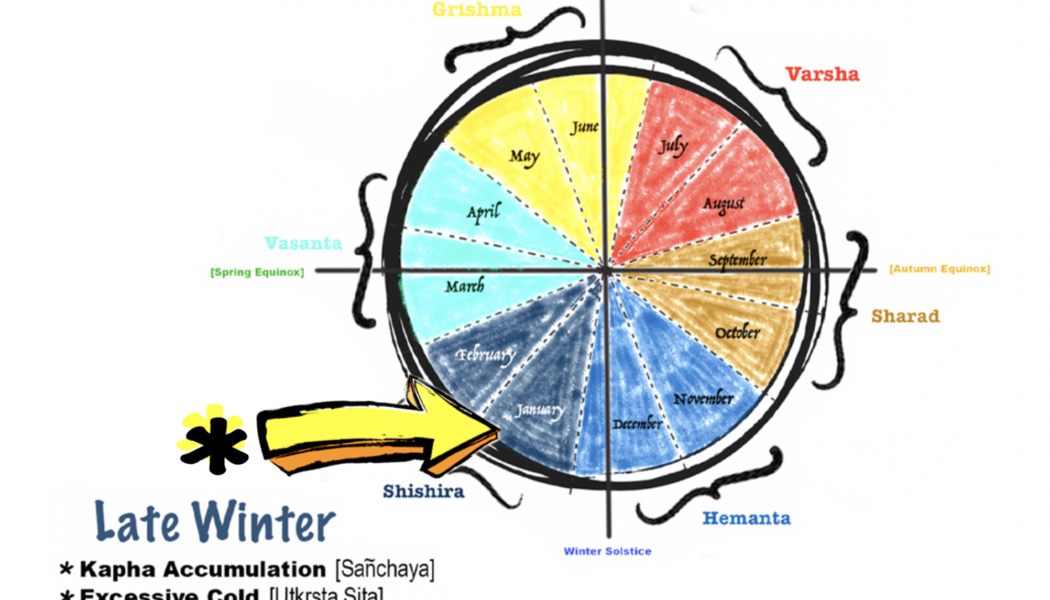

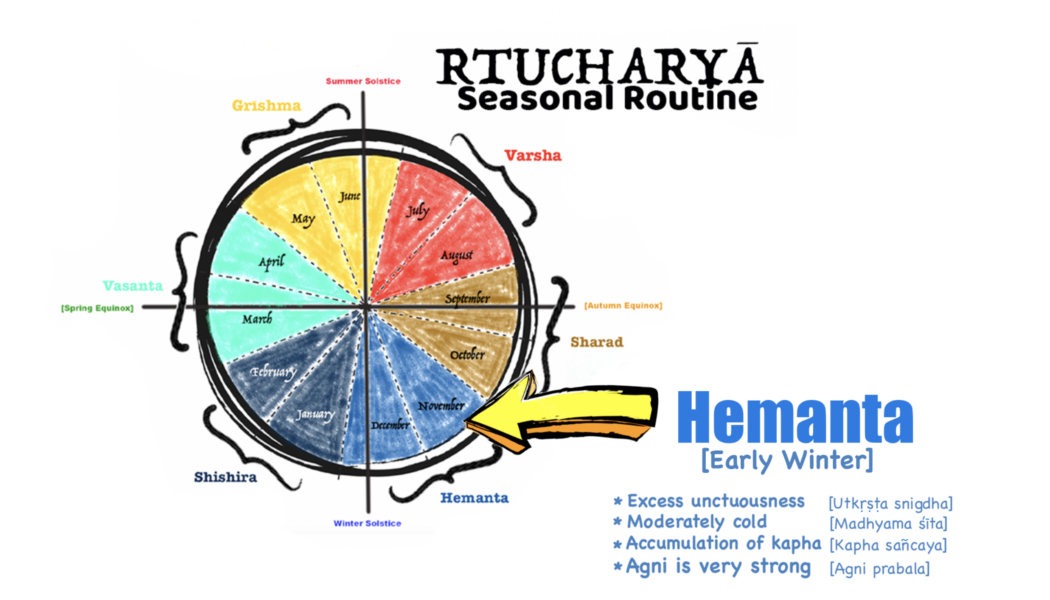



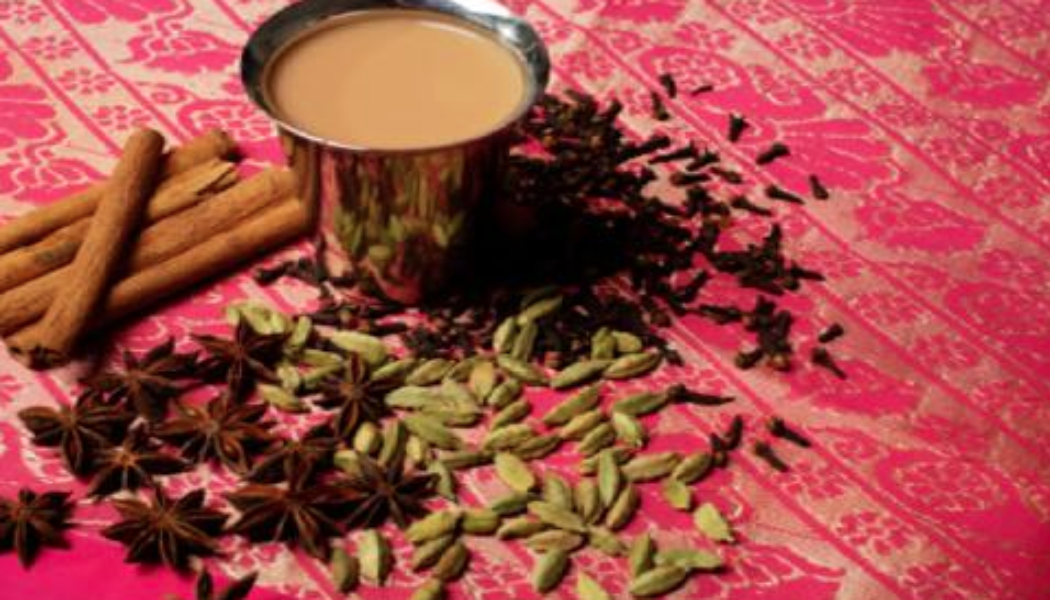



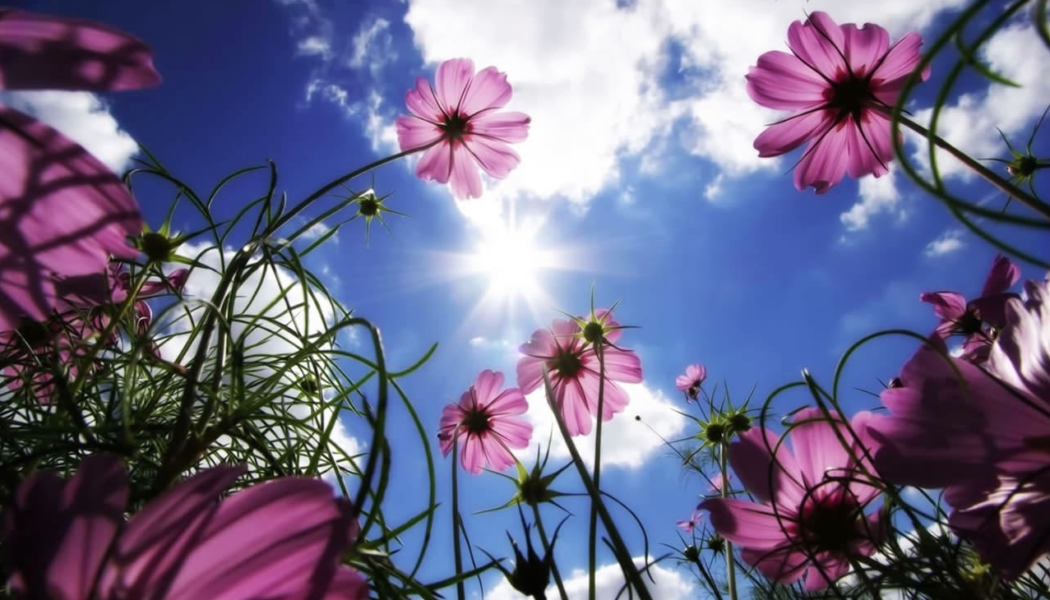





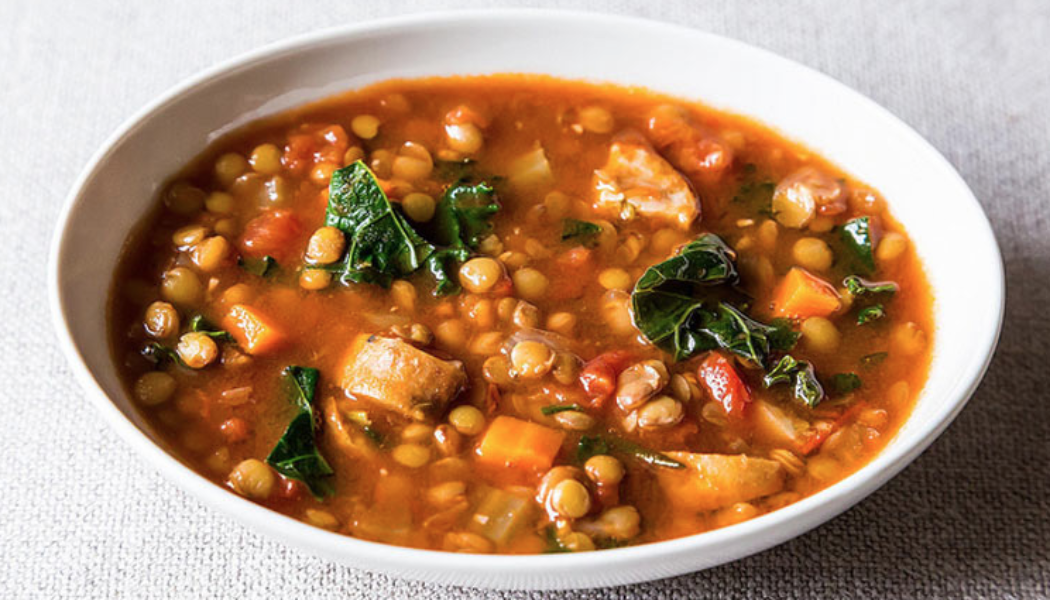

![Ayurvedic Autumn Tips + Stewed Apple Recipe & Masala Chai [VIDEO]](https://healthyayurveda.com/wp-content/uploads/2015/10/Screen-Shot-2015-10-06-at-5.46.19-PM-1050x600.png)
![Ayurvedic Autumn Tips + Stewed Apple Recipe & Masala Chai [VIDEO]](https://healthyayurveda.com/wp-content/uploads/2015/10/Screen-Shot-2015-10-06-at-5.46.19-PM-80x80.png)
